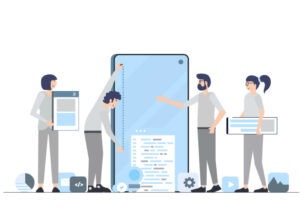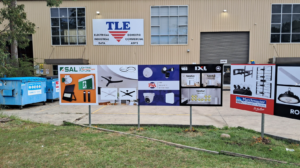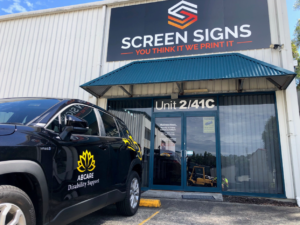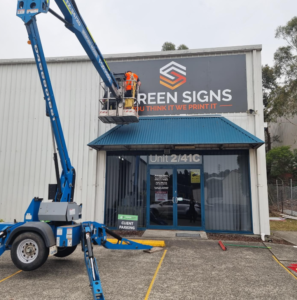Understanding Protective Supervision in Los Angeles for Elderly Care
In Los Angeles, as our loved ones grow older, many of them face challenges due to cognitive impairments or memory loss. These conditions can make daily life increasingly risky and require additional care to ensure safety and comfort. For families of seniors, balancing independence with safety can be challenging—this is where protective supervision becomes invaluable. Protective supervision is a specialized service to prevent accidents and ensure the well-being of seniors who may be at risk due to cognitive conditions.
In this guide, we’ll explore protective supervision, who qualifies for it, and how it benefits seniors and their families.
What is Protective Supervision?
Protective supervision is a support service designed to help seniors with cognitive or memory-related impairments. Daily life can pose unique risks for these seniors, such as forgetting to turn off the stove or wandering outside without remembering how to get back. Protective supervision aims to prevent accidents by ensuring someone is there to guide and assist when necessary.
Why is Protective Supervision Important?
Protective supervision in Los Angeles is more than basic monitoring. It is about understanding each individual’s specific needs and ensuring their safety while still respecting their independence. For many seniors, protective supervision reduces the risk of injury and helps them maintain a better quality of life.
According to the Alzheimer’s Association, nearly 6.7 million Americans aged 65 and older live with Alzheimer’s disease or similar cognitive conditions. This growing population often requires specialized care. In Los Angeles, services like protective supervision provide these seniors with the help they need to remain home safely.
Who Qualifies for Protective Supervision in Los Angeles?
Protective supervision is particularly beneficial for Los Angeles seniors facing specific cognitive or behavioral challenges. Here are critical criteria that help determine eligibility for protective supervision services:
- Diagnosis of Cognitive Impairment
Seniors who have been diagnosed with cognitive impairments, including Alzheimer’s, dementia, or related conditions, are prime candidates for protective supervision. These conditions often lead to memory issues, confusion, and diminished judgment, making it difficult for individuals to recognize risks in their surroundings. By having a caregiver on hand, seniors with these diagnoses can receive support that keeps them safe from potential dangers in the home.
- History of Unsafe Behaviors
Seniors with a documented history of unsafe behaviors—such as wandering, leaving the house unexpectedly, or mishandling household appliances—are typically considered for protective supervision. These behaviors can lead to severe accidents, especially in busy urban areas like Los Angeles. Caregivers trained in protective supervision can reduce these risks by monitoring behaviors and intervening when necessary.
- Inability to Self-Supervise Safely
Some seniors struggle with self-supervision, either due to mental health conditions or physical limitations caused by cognitive decline. Protective supervision is recommended in these cases to help seniors navigate their daily routines safely. Caregivers provide the extra support to help individuals perform daily activities without endangering themselves.
- Challenges with Medication Management
Medication management can be complex, especially for seniors with multiple prescriptions. Cognitive impairments can make it difficult to remember when to take medication or to avoid mixing incompatible medications. Protective supervision includes medication reminders and ensuring that seniors follow their prescriptions correctly, essential for their health and safety.
- High Risk of Wandering
Protective supervision offers essential support for seniors who have experienced wandering episodes or are at high risk of wandering. Wandering can lead to disorientation and create serious safety concerns, especially in large cities like Los Angeles. Protective supervision caregivers are trained to recognize wandering triggers and can intervene to prevent wandering before it becomes a critical issue.
- Difficulty with Household Tasks
For many seniors with cognitive impairments, routine household tasks like cooking, cleaning, or even simple hygiene can present safety hazards. Tasks like leaving the stove on, handling sharp objects, or neglecting personal hygiene can pose serious risks. Protective supervision caregivers help with these tasks, ensuring seniors stay safe while still engaging in activities promoting a sense of independence.
What’s Next?
Protective supervision is a valuable service that provides peace of mind for seniors and their families in Los Angeles. By offering specialized care, it helps reduce the risk of accidents, promotes safety, and enhances the quality of life for seniors with cognitive impairments.
If you’re in the Los Angeles area and believe a loved one could benefit from protective supervision, consider contacting the All Seniors Foundation. Their dedicated team can help you understand the options available and connect you with the right level of care to keep your family member safe and supported. With protective supervision, families gain peace of mind knowing that their loved ones receive the attention and support needed to thrive in a safe and familiar environment.
For more information on protective supervision services and how All Seniors Foundation can assist, visit their website or contact them today!














Post Comment